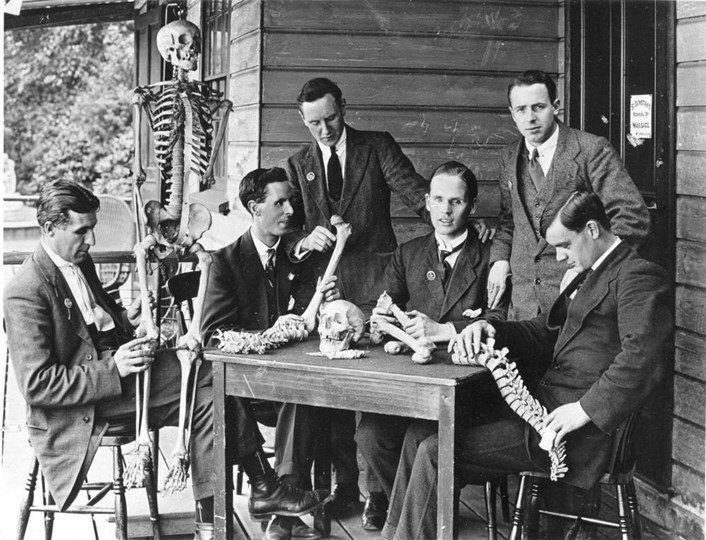Understanding History Taking Physiotherapy Assessment
At Proactive Health, we believe in the holistic approach to wellness and recovery. Our comprehensive physiotherapy assessments are the cornerstone of personalized treatment plans designed to meet your unique health needs. Let’s explore how understanding patient history plays a pivotal role in this process.
The Importance of Physiotherapy in Rehabilitation
Physiotherapy is a crucial component in the rehabilitation journey of individuals recovering from injuries, surgeries, or managing chronic conditions. Through a blend of manual therapy, exercise, and education, our therapists at Proactive Health help clients regain strength, improve mobility, and achieve optimal health.
What Constitutes a Physiotherapy Assessment?
A thorough physiotherapy assessment is the first step towards a successful recovery. It involves:
Key Components of Assessment
- Initial Consultation Understanding the client’s current condition, symptoms, and health goals.
- Physical Examination: Assessing movement, strength, and functionality. Learn more about physical examination.
- Patient History: A deep dive into the patient’s medical, surgical, and personal history to tailor the treatment plan.
Delving into Patient History
The patient’s history is a treasure trove of information that informs every aspect of the treatment plan.
The Role of Patient History in Physiotherapy
A comprehensive history allows our therapists to understand the full scope of the patient’s health journey.
Understanding the Patient’s Background
- Medical, Surgical, and Family History: Provides insights into past conditions and treatments that may influence the current treatment approach.
Personal History’s Impact on Treatment Plans
- Lifestyle, Occupational Hazards, and Recreational Activities: Understanding the patient’s daily activities helps in designing a practical and effective rehabilitation plan.
The Process of Gathering Patient History

Gathering patient history is both an art and a science, requiring skillful communication and meticulous documentation.
Techniques for Effective History Taking
Building a rapport with the patient is key to uncovering valuable health insights.
Interviewing the Patient
- Open-ended Questions: Encourages patients to share their story in their own words.
- Active Listening: Demonstrates empathy and understanding, fostering a trusting therapist-patient relationship.
Documenting Patient History
- Electronic Health Records: Ensures accurate and secure documentation of patient history.
- Privacy and Confidentiality: Upholding the highest standards to protect patient information.
Integrating Patient History with Physiotherapy Assessment
With a comprehensive patient history, our therapists can craft personalized treatment plans that address the root cause of the issue.
Analyzing Patient History for Tailored Treatments
Tailoring treatment plans based on the patient’s unique history ensures targeted and effective therapy.
Identifying Red Flags and Contraindications
- Previous Injuries, Chronic Conditions: Helps in avoiding interventions that may exacerbate existing conditions.
Setting Realistic Goals and Expectations
- Short-term and Long-term Rehabilitation Goals: Collaboratively setting achievable goals with the patient for a successful recovery journey.
Frequently Asked Questions (FAQs)
What is included in a physiotherapy assessment?
Components of a Comprehensive Physiotherapy Evaluation: A thorough assessment at Proactive Health includes an initial consultation, a physical examination, and an in-depth review of the patient’s medical and personal history.
What is the physiotherapy assessment process?
Steps from Initial Consultation to Treatment Planning: The process begins with understanding the patient’s concerns and goals, followed by a physical examination and review of medical history. This information is then used to develop a personalized treatment plan.
What is the history of Physiotherapy?
Evolution and Milestones in Physiotherapy: The field of physiotherapy has a rich history, evolving from simple massage techniques to the complex and multifaceted discipline it is today. It’s a journey through time marked by significant advancements in medical science and rehabilitative techniques.
What is the personal history of a patient?
Importance and Components of Personal Health History: A patient’s personal history includes their medical background, lifestyle, occupation, and any previous injuries or surgeries. This comprehensive overview is crucial in designing a physiotherapy plan that addresses the patient’s unique needs and goals.



